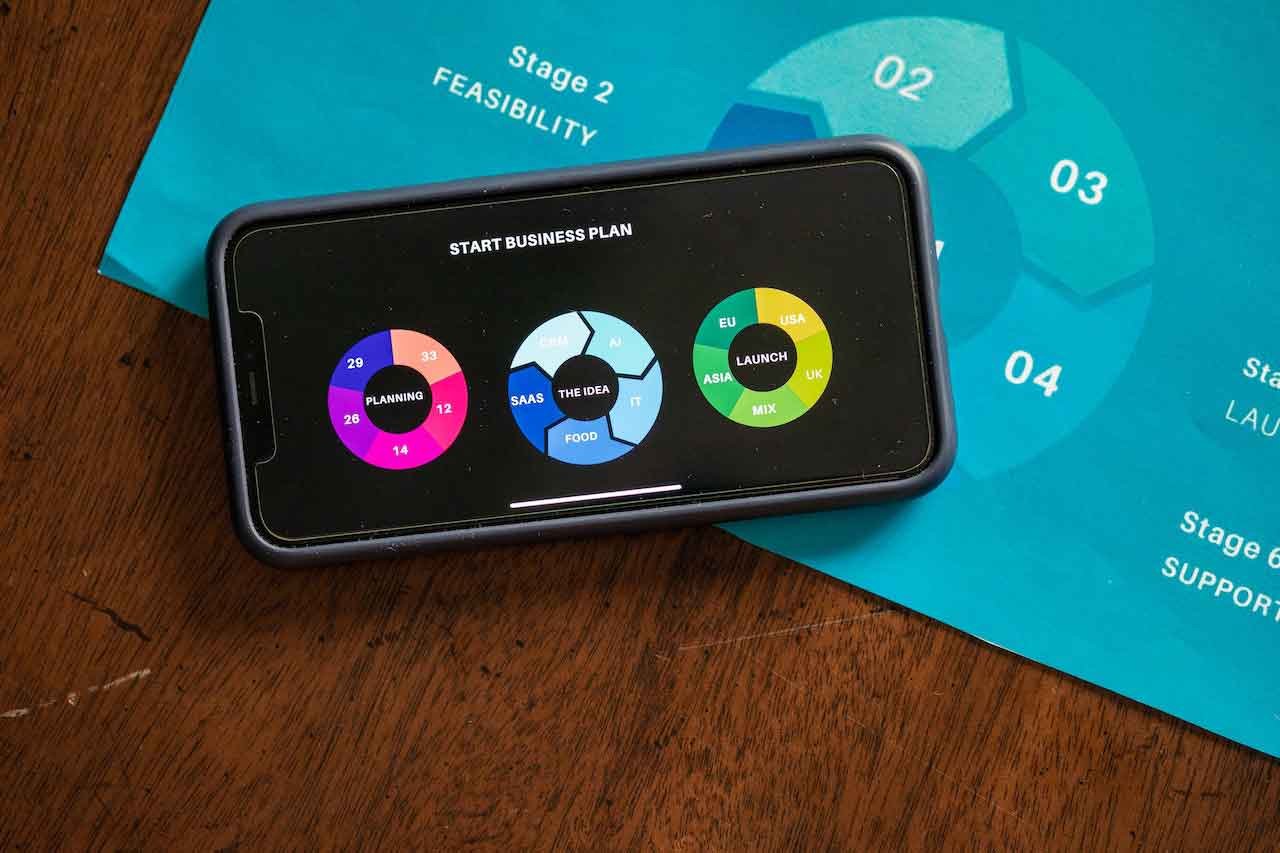Starting a business can be a thrilling and rewarding experience, but it can also be risky and expensive. If you’re thinking of starting a business, it’s important to avoid making costly mistakes that can waste your money and derail your success. Here are a few tips for starting a business without wasting money:
- Do market research: Before starting a business, it’s important to thoroughly research the market to determine if there is a demand for your product or service.
- Create a business plan: A business plan will help you outline your goals, target market, financial projections, and marketing strategy.
- Seek advice from experts: Consider seeking advice from experienced business owners, lawyers, or accountants to help you navigate the challenges of starting a business.
- Secure financing: Make sure you have enough capital to start and sustain your business. Consider applying for loans, seeking out investors, or using personal savings.
- Choose the right business structure: Decide on the most appropriate legal structure for your business, such as a sole proprietorship, partnership, corporation, or limited liability company (LLC).
- Obtain necessary licenses and permits: Depending on your industry and location, you may need to obtain specific licenses and permits to operate your business.
- Protect your business with insurance: Consider purchasing insurance to protect your business from potential risks, such as liability, property damage, and natural disasters.
- Build a strong team: Surround yourself with people who are skilled, reliable, and dedicated to the success of your business.
- Set clear goals: Determine what you want to achieve with your business and create a plan to make those goals a reality.
- Stay organized: Maintain accurate financial records, set up a system for tracking inventory and expenses, and keep your workspace clean and organized.
- Establish a budget: Create a budget to help you manage your expenses and stay on track financially.
- Keep your business and personal finances separate: It’s important to keep your business and personal finances separate to avoid confusion and protect your personal assets.
- Create a marketing plan: Determine how you will reach your target market and promote your business. Consider using social media, advertising, public relations, or content marketing.
- Build a professional website: A well-designed website can help you establish credibility and reach a wider audience.
- Manage your online presence: Maintain a strong online presence by regularly posting on social media, responding to reviews, and optimizing your website for search engines.
- Network with other professionals: Attend industry events, join professional organizations, and connect with other business owners to build relationships and expand your network.
- Stay up-to-date with industry trends: Keep abreast of industry trends and developments to stay competitive and adapt to changes in the market.
- Understand your competition: Research your competition to understand their strengths and weaknesses and determine how you can differentiate your business.
- Foster relationships with customers: Build strong relationships with your customers by providing excellent customer service, being responsive to their needs, and offering high-quality products or services.
- Stay flexible: Be open to making changes and adjustments to your business as needed in response to market trends or customer feedback.
- Keep learning: Continuously educate yourself on best practices for running a successful business and stay open to learning new things.
- Diversify your revenue streams: Don’t rely on a single source of income for your business. Consider offering a range of products or services to diversify your revenue streams.
- Manage your cash flow: Carefully monitor your cash flow to ensure that you have sufficient funds to cover your expenses and pay your debts.
- Establish a system for invoicing and collections: Set up a system for invoicing and collecting payment from customers to ensure that you are paid in a timely manner.
Overall, starting a business without wasting money requires careful planning, strategic thinking, and a focus on customer acquisition. By creating a business plan, keeping overhead costs low, focusing on customer acquisition, using social media, and testing and iterating, you can start a successful business without wasting your money.
